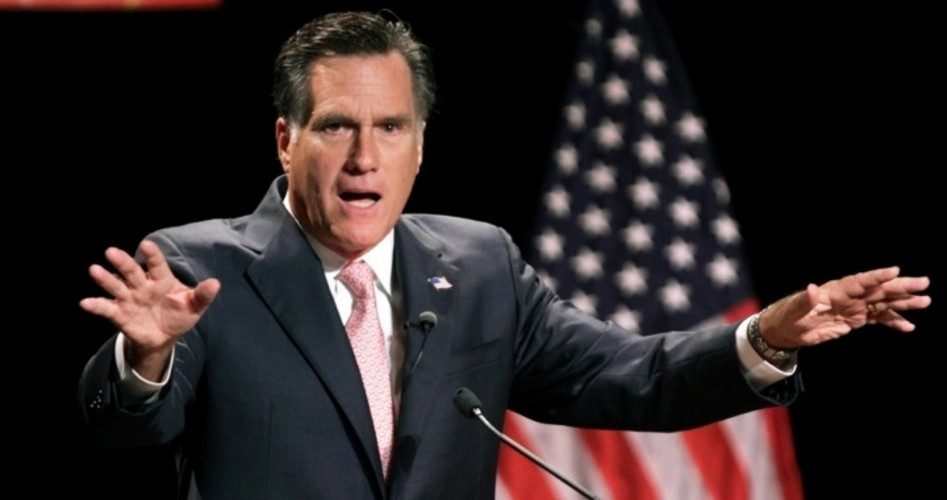
Voters who are counting on a President Mitt Romney to protect the unborn may be disappointed if he is elected, according to one GOP ally. Former Minnesota U.S. Senator Norm Coleman, who was defeated in 2008 by Democrat Al Franken, told an audience of Jewish voters in Ohio that Romney would not make it a priority to appoint Supreme Court justices who would overturn Roe v. Wade, the 1973 Supreme Court decision that effectively gave women the right to abort their babies.
“You’ve got to decide what’s important right now, what’s going to impact you right now,” Coleman told his audience. “The reality is that choice is an issue for a lot of people, a very important issue. President Bush was president eight years; Roe v. Wade wasn’t reversed. He had two Supreme Court picks. Roe v. Wade wasn’t reversed.” Coleman added for emphasis that the ruling is “not going to be reversed.”
The former senator’s comments came in response to a question about what he would tell voters concerned over the impact of religious conservatives on the Republican Party. Coleman later told the Associated Press that he was making a personal prediction about what he thought would happen if Romney were elected, noting that Roe v. Wade has a 40-year precedent and that overturning abortion entirely would not likely be an option.
Pro-life leaders remain frustrated over Romney’s refusal to commit to total protection of the unborn. While he has insisted that he is pro-life, he said he believes abortion is acceptable in cases of rape, incest, and to save the life of the mother.
Nonetheless, during a candidate forum sponsored by Mike Huckabee last year, Romney declared: “My view is that the Supreme Court should reverse Roe v. Wade and send back to the states the responsibility for deciding whether it’s is legal or not.” And in September, when asked about his position on Roe v. Wade, he promised that he would appoint justices who “will follow the law and the Constitution….”
On the “values” section of his campaign website, Romney says he believes that “life begins at conception,” and calls Roe v. Wade “a case of blatant judicial activism that took a decision that should be left to the people and placed it in the hands of unelected judges.” If Roe were overturned, he says, states would be “empowered through the democratic process to determine their own abortion laws and not have them dictated by judicial mandate.”
But over the final month of campaigning, the Huffington Post noted, “Romney has softened his tone on abortion as part of his move to the middle…. He told the Des Moines Register [in October] that, if elected president, he would not pursue any anti-abortion legislation — comments that were immediately walked back by his campaign, which … reiterated Romney’s pro-life stance.”
By contrast, during the same time frame he told the Columbus, Ohio, Dispatch that “my preference” would be to “return to the states and to the people and their elected representatives the issue of abortion as opposed to having the federal government impose, the Supreme Court impose, its view on a one-vote majority.”
Similarly, Romney’s vice presidential candidate Paul Ryan said during his debate with Joe Biden: “We don’t think that unelected judges should make this decision … that people through their elected representatives in reaching a consensus in society through the democratic process should make this determination.”
Photo of Mitt Romney: AP Images


